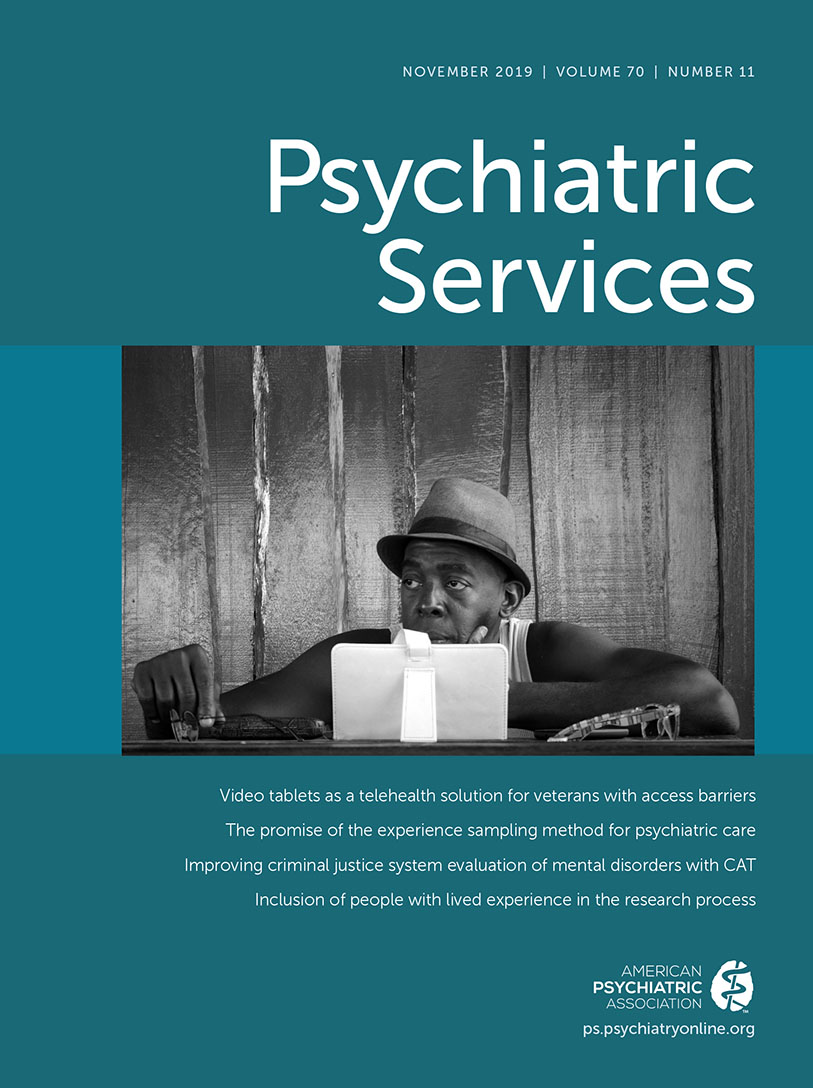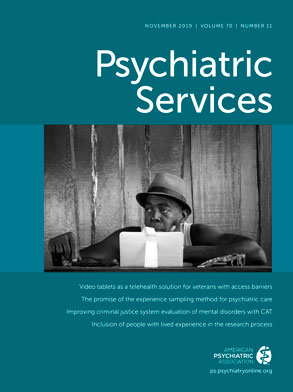The articles in this issue by Zottola et al. and Pinals et al. are reminders that the patients psychiatry serves, especially those with serious mental illnesses, often find themselves in jail and in front of judges. These patients are more likely than others to be arrested, to be sentenced, and to have longer detentions; are less likely to make bail; are more likely to be placed in segregation; and are more likely to have a repeat offense (misdemeanor charges, probation violations). This “criminalization” of serious mental illnesses has multiple underpinnings: deinstitutionalization and insufficient funding of community-based mental health and crisis response systems, police having too few resources to resolve disturbances stemming from serious mental illnesses, an overzealous and unjust misdemeanor processing mega-system, and symptoms and life circumstances that interfere with successful avoidance of or efficient exit from the criminal justice system. Here, we take issue with the mental health profession’s insufficient response to this epidemic of criminalization and call for embracing our role in preventing arrests.
The sequential intercept model reveals specific points of intervention within the criminal justice system at which policies and programs can be implemented to address the system’s overrepresentation of persons with serious mental illnesses. Models within the various intercepts have been developed, refined, and studied: intercept 1 (911, emergency services, and law enforcement prebooking), 2 (booking, arraignment, detention), 3 (jails and courts), 4 (reentry from incarceration to the community), and 5 (community corrections, i.e., probation and parole). The model provides a framework for creating or enhancing collaboration between the criminal justice and behavioral health systems (e.g., through mapping workshops). Intercept 0, recently added to the model, encompasses earlier intervention points within the mental health system—before arrest and law enforcement involvement.
Zottola and colleagues present data on administrations of the Brief Jail Mental Health Screen—widely used at jail intake to identify detainees with possible serious mental illnesses who would benefit from further evaluation—across repeated jail bookings. Although we agree that jail is a “critical intercept for identification, referral, and intervention,” by that point (intercepts 2 and 3), the damage has been done. Even at intercept 2 is too late, because most detainees will resolve their situation (i.e., try to get out of jail) through the usual mechanism of guilty pleas, resulting in convictions that can have lifelong implications for psychosocial functioning. As such, much of the “disability” (difficulties with employment, income, housing, maintaining family relationships, etc.) of serious mental illnesses may be attributable to entanglement in the criminal justice system.
Delving even deeper into the criminal justice system, Pinals and colleagues report on a cutting-edge program that is integrated with a mental health court (intercepts 3 and 4) and provides an array of evidence-based components: critical time intervention, dual recovery therapy, peer support, vocational and educational support, and trauma-informed care. Although this innovation is a welcome adjunct to mental health courts, there is a great need to integrate such evidence-based practices within intercept 0, where we as mental health professionals reside, to prevent overrepresentation of patients in the criminal justice system in the first place.
Given the consequences that confront patients, more research and development are needed at each of the intercepts. We argue for increased focus at intercept 1 (at the point of potential discretionary misdemeanor arrest) and, more important, at intercept 0, to focus on best clinical practices within mental health services to prevent criminal justice entanglement. Examples include robust models of crisis response services that do not rely on law enforcement.
Mental health services have made strides in preventing chronicity through specialized early psychosis care, preventing relapse by improving treatment adherence, and preventing repeated emergency department visits and hospital admissions. These efforts help patients engage in recovery, minimize or eliminate institutionalization, and reduce psychosocial disability. Great strides are now needed to prevent arrests, and that responsibility resides squarely within the mental health system. New interventions and service models that ensure the right interventions are available at the right time are needed to specifically target preventing arrests. Service delivery models need reshaping to help prevent arrests. Just as efforts to prevent long-term unemployment, eviction and homelessness, and repeated hospitalizations have been within our wheelhouse, so must the work of designing treatments, programs, and care delivery systems to prevent arrest. We must do it not in jails and not with judges, but right here at intercept 0.

